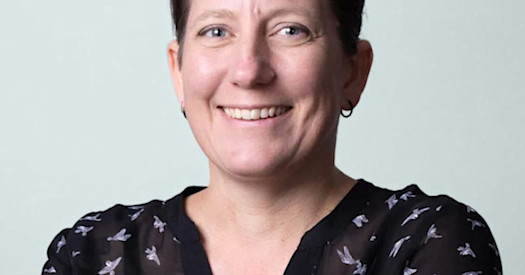
Registration is now open, as well as the call for abstracts, for the ninth annual Mutational Scanning Symposium, set for March 25 through 27 in Melbourne, Australia. The international symposium brings together experts and trainees in functional genomics, protein science, precision medicine, variant interpretation, and computational genomics, among other disciplines. Visit the event website for more information.
“Over the past eight years, this conference has become a cornerstone event helping to lead the academic study and clinical application of genomics,” said Alan Rubin, Ph.D., a Senior Research Scientist at the Walter and Eliza Hall Institute of Medical Research and conference co-convenor. “It is an opportunity to meet colleagues from all over the world and discuss the future of this growing field integrating biology and technology.”
Among those sharing their expertise will be the symposium’s two keynote speakers:
- Maitreya Dunham, Ph.D., Chair of the Department of Genome Sciences at the University of Washington, in Seattle
- Matthew Hurles, Ph.D., a Senior Group Leader and Director the Wellcome Sanger Institute, in Cambridge, U.K.
In addition, the symposium will include selected trainee presentations and posters, a clinically focused workshop, and industry contributions. Most of it will be in-person, though the plenary sessions will be live-streamed.
Rubin also noted there will be a session on the Atlas of Variant Effects Alliance, an international collaboration developing, disseminating, and democratizing technologies for mapping genetic variant effects. He is a member of the Alliance’s executive committee.
“The vision of the Alliance is to create comprehensive variant effect maps for important regions of human and human pathogen genomes that could ultimately assist in the diagnosis, prognosis and treatment of disease,” the organization’s website states. “The goal of our Alliance is to bring together data generators, curators and consumers, along with funders and other stakeholders, to set standards, share tools and develop strategy.”
This will be the first time the symposium will be held outside of North America and Europe. In prior years, scientists representing more than 50 nations have participated.


